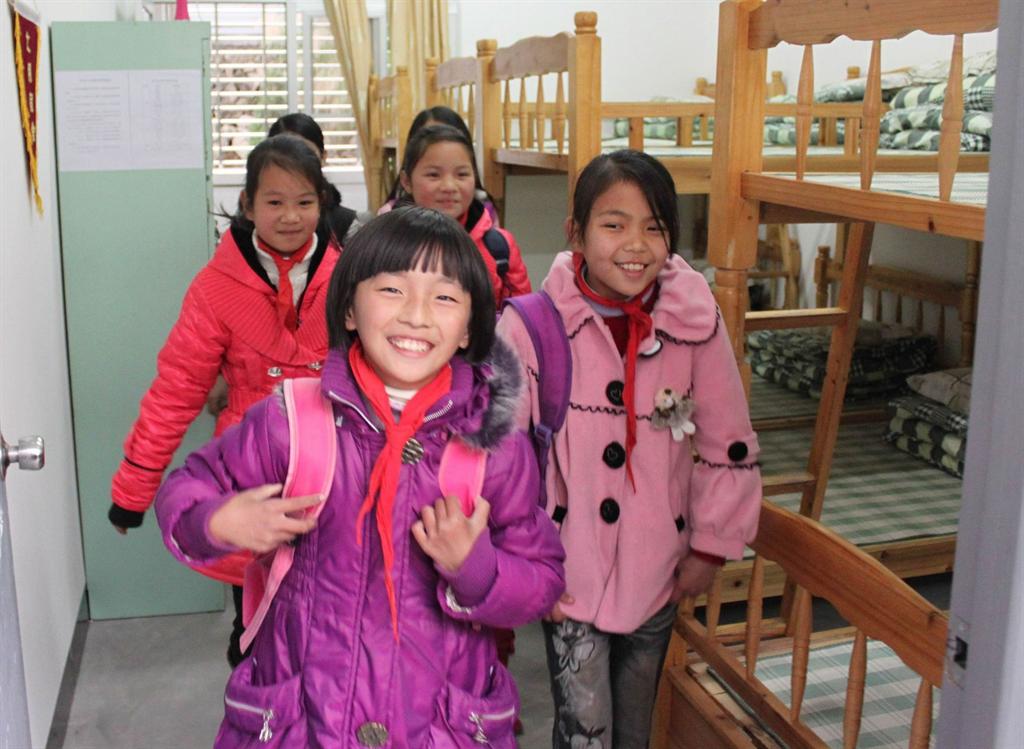2011 China Rural Education Development Report released

pupils' dormitory in rural area
On December 27th, 2012, The 2011 China Rural Education Development Report was released in Beijing. According to the report, the overall trend in rural education development is favorable and the “Outline of China's National Plan for Medium and Long-term Education Reform and Development (2010-2020)” (hereafter referred to as the Education Plan Outline) is being implemented in an orderly fashion. Still, rural education faces many problems, and many steps are still required for the integration of rural and urban education.
Wu Zhihui, the principal investigator of the research group and the director of the Institute of Rural Education at Northeast Normal University, noted that the report employed an integrated method, combining information from the “Annual Progress Report” with the “Special Research Report”. Taking the Education Plan Outline as its timeline, the “Annual Progress Report” uses statistics released by the state, policy texts, and publicly released academic literature. It assesses the overall progress in rural education development goals within the last year, focusing on the four broad areas detailed in the Education Plan Outline: career development, policy development, academic development and practical development. The “Special Research Report” examines and offers suggestions for pressing issues and particular aspects of rural education, such as the spread of rural preschools, the quality and equitability of compulsory education, redistribution of rural schools, and investment in vocational education in rural areas.
The report includes several policy suggestions for problems encountered thus far. Firstly, it suggested that the development of rural education should retain its priority status in the national education agenda. Secondly, it advised strengthening the rural education plan from the top in order to coordinate between each of the different rural education projects. Lastly, it emphasized that rural education development and reform must have a foothold in the actual situation in rural China; it should seek to strengthen innovation in pedagogical ideology, institutional mechanisms, the school system, educational content and educational methods.
The Chinese version appeared in Chinese Social Sciences Today, No. 400, Jan. 4, 2012
(Translated by Zhang Mengying)
